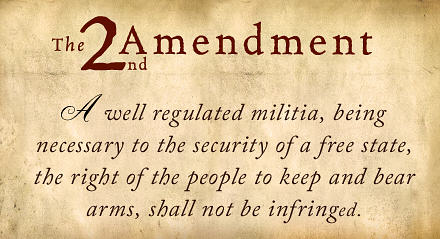

Progressive Judge Says Commerce
Clause Overrides the Bill of Rights
By Dean Weingarten. June 19, 2023
At least one judge in the Third Circuit believes the Commerce Clause overrides the Bill of Rights.
In a recent decision of The United States Court of Appeals for the Third Circuit, in the case Range v Lombardo, on June 6, 2023, the en banc court ruled some felony convictions are not sufficient to restrict Second Amendment rights, based on the historical record. Eleven of 15 judges concurred with the majority opinion. Four judges dissented. One of those was Judge Janet Richards Roth, appointed to the Third Circuit by George H. W. Bush in 1991. She was born in 1935 and started her governmental career working as a typist and administrative assistant in the Foreign Service of the U.S. Department of State, in 1956. She graduated from Harvard Law School in 1965. Judge Roth assumed senior status on May 31, 2006. She is a few days short of her 88th birthday (June 16).
Judge Roth makes a strong case, based on Progressive philosophy, the Commerce Clause overrides the Bill of Rights. She gives the usual litany of Progressive "arguments": Things have changed since the ratification of the Bill of Rights. The federal government has to have more power than the Bill of Rights allows. That was then. This is now. Here is part of the dissent from Judge Roth of the Third Circuit P. 96 of 107 :
In Bruen, the Supreme Court considered whether a regulation issued by a state government was a facially constitutional exercise of its traditional police power. Range presents a distinguishable question: Whether a federal statute, which the Supreme Court has upheld as a valid exercise of Congress's authority under the Commerce Clause,2 is constitutional as applied to him. The parties and the Majority conflate these spheres of authority and fail to address binding precedents affirming Congress's power to regulate the possession of firearms in interstate commerce. Because Range lacks standing under the applicable Commerce Clause jurisprudence, I respectfully dissent.
Judge Roth explicitly states the modern expansion of the commerce clause, to include virtually all activity which has any effect on commerce, overrides the Bill of Rights because the scope of modern commerce is far greater than commerce at the founding.
..... 
![]()

























